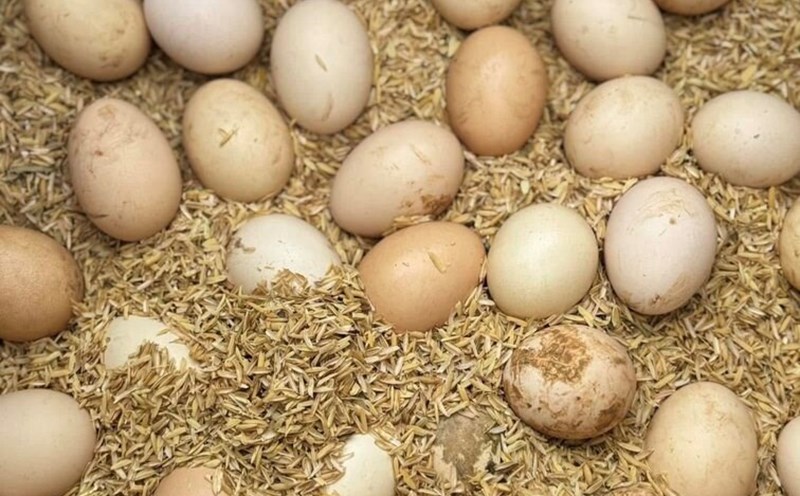Snakehead fish and mackerel are often classified as river fish, with a fairly moderate or lower purine content than some seafood.
Many nutritional recommendations say that these two types of fish can be accepted in the diet of people with increased uric acid if eaten in moderation and processed properly.
However, the purine content can vary depending on the species, size, and part of the meat used, so be careful with the portion.
An important point is that not all fish are the same: fish rich in omega-3 (for example, some types of sea fish) are beneficial for inflammation and metabolism.
Therefore, it is reasonable to prioritize white fish with few purines or fish rich in omega-3 but not too many purines.
Eating raw or grilled fish is associated with an increased risk of uric gain while boiling, steaming, or stewing less relevantly, possibly due to different protein or purine variations when cooked at different temperatures and the way to treat the cooking water (dense boiling water can contain many soluble compounds).
Therefore, prioritize steaming, boiling, and cooking soup when processing fish for people who need to control uric acid.
Choose white meat fish (sally, perch, small carp, perch depending on the content) instead of part of red meat/ seafood rich in purines; limit the fish portion to about 100-150 g/time, 2-3 times/week.
Prioritize steaming, boiling, and cooking soup; avoid eating raw fish, steaming, or grilling them often.
Combined with measures to support uric acid excretion: drink enough water, reduce consumption of sugary drinks or fructose, limit alcohol (especially beer), increase low-fat milk, supplement fruits rich in vitamin C and control weight.
If you have kidney disease or are taking medication (allopurinol, diuretic...), consult your doctor before changing your diet.
It can be seen that white-fleshed fish such as snakehead fish and perch can be a safe and useful choice in the strategy of eliminating natural uric acid if eaten in moderation and processed properly.
However, the effectiveness depends on the overall diet, lifestyle and kidney condition of each person, so it should be combined with comprehensive dietary and medical measures.








